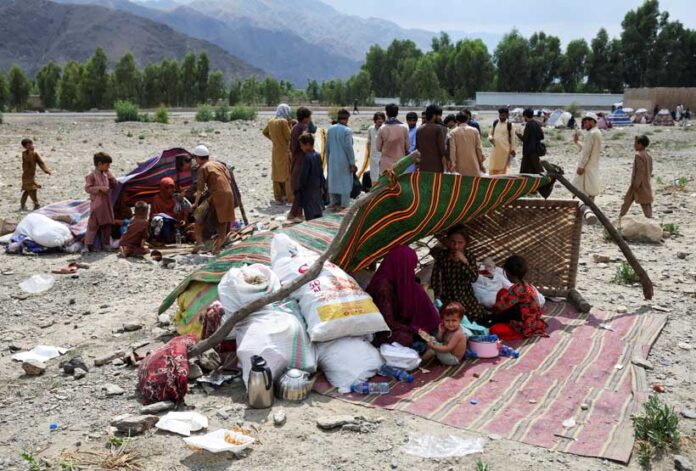NEWS BRIEF
The U.S. has not authorized emergency aid for Afghanistan nearly a week after a devastating earthquake killed over 2,200 people, leaving tens of thousands homeless. Despite being the former top donor, the Trump administration ended virtually all aid to Afghanistan in April, citing concerns over funds reaching the Taliban. The UN warns that funding cuts have severely hampered humanitarian response efforts, with essential supplies stranded without U.S. approval.
WHAT HAPPENED
A magnitude 6 earthquake and powerful aftershocks in Afghanistan killed over 2,200 people, destroyed homes, and left thousands homeless.
- The U.S. has not issued a declaration of humanitarian need—the first step to authorize emergency aid—breaking from its decades-long role as a leader in global disaster relief.
- The Trump administration ended all aid to Afghanistan in April ($562 million) after a report found humanitarian groups paid $10.9 million in taxes and fees to the Taliban.
- Essential U.S.-funded medical supplies remain stuck in storage, awaiting White House approval for release.
WHY IT MATTERS
- The U.S. absence in relief efforts highlights a major shift in foreign policy under Trump, prioritizing sanctions over humanitarian engagement.
- Afghanistan’s healthcare and infrastructure—already weakened by decades of war, drought, and Taliban rule—face collapse without urgent aid.
- The delay exacerbates suffering in one of the world’s most fragile states, where millions depend on foreign assistance for survival.
IMPLICATIONS
- U.S. credibility as a humanitarian leader erodes further, creating a vacuum that other nations (e.g., Iran, China, Pakistan) may exploit for influence.
- Withheld aid could worsen regional instability, refugee flows, and anti-Western sentiment in Afghanistan.
- Future U.S. disaster responses may be similarly constrained by politicized aid freezes, setting a dangerous precedent.
- NGOs face increased operational risks as geopolitical tensions override humanitarian imperatives.
This briefing is based on information from Reuters.


